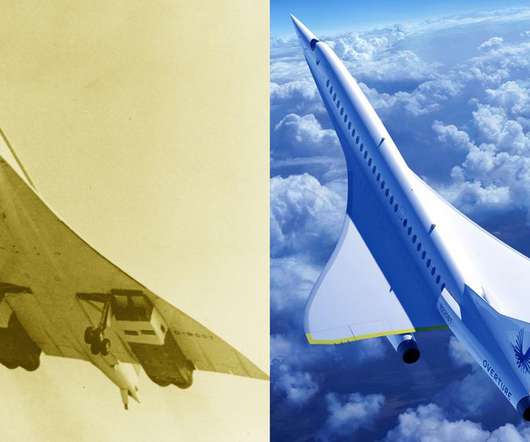6.8M gallons in new contracts for Redeem renewable natural gas
Green Car Congress
NOVEMBER 6, 2019
The first phase of the project, which has been completed, delivers renewable compressed natural gas (CNG) through six new dispensers. The San Pedro Ports Clean Air Action Plan will start imposing a container rate, scheduled to start next year, on containers that are hauled by trucks that do not meet stricter emission standards.












Let's personalize your content